There is a big buzz about energy efficiency and making everything as eco-friendly as possible. While the giant corporations have a lot to answer for, we can start making small changes at home, which will have a positive impact on our lifestyle and also contribute to a greener world.
This piece is going to take a look at how you can make your home more energy-efficient and the small or big steps you can take to make this happen.
Lower Your Thermostat
With the energy prices rising higher by the minute, there is probably little need for anyone to tell you to turn down your thermostat. But if you have not already, then setting your heat to a lower temperature can help save you money on your electricity or energy bill.
Replace Your Windows
Windows that are cracked, gaping, or do not have efficient double glazing are essentially leaking any of the warm or cool temperatures you are trying to keep maintained in your home. Even the tiniest gap in your window can make a significant difference to the drafts that circulate through your home, which could push an automatic thermostat up higher or make air conditioning work harder than it should have. Investing in new and properly sealed replacement windows can lower those energy bills an impressive amount.
Get A Compost Bin
Composting has been around for thousands of years, and there is a reason it has stood the test of time. While it is much less common in a modern household, it does not have to be. While you might not be ready to exchange your flushing toilet for a compost bottom, you can get yourself a little compost bin that you can use to put food waste in and other compostable materials.
These materials include but are not limited to:
- Twigs
- Leaves
- Branches
- Vegetable waste
- Fruit scraps
- Teabags
- Coffee grounds
- Nutshells
- Paper
- Grass clippings
- House plants
- Hair
- Shredded newspaper
Make sure that there is moisture in your compost bin to help break everything down – add some water if necessary. You can then use this compost to help enrich the soil outside and help prevent compostable waste from going to landfills instead.
Unplug Electrics Not in Use
Electrics that are still plugged in but are not being used, such as chargers, are a sap on electricity, and it all adds up. Take a look around your home and see how many products are plugged in that are not being used but are still having energy supplied to them constantly. When you are able to, make sure to switch off or unplug any of these items on standby to help keep your electricity bills even lower.
Making your home more energy efficient with these small changes that take little effort will not only benefit you and your bank balance, but it will also help improve the future health of the planet – both of which can only be a good thing.

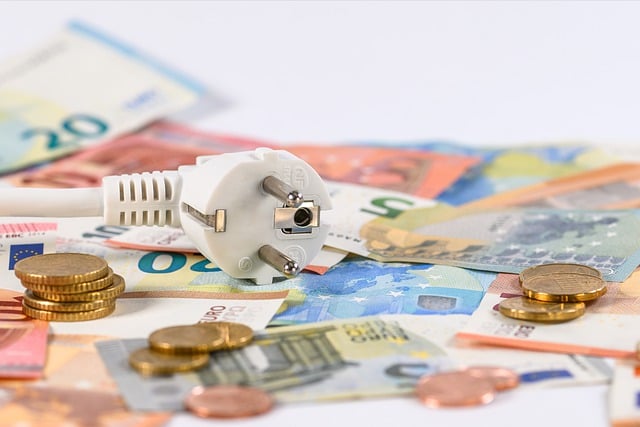

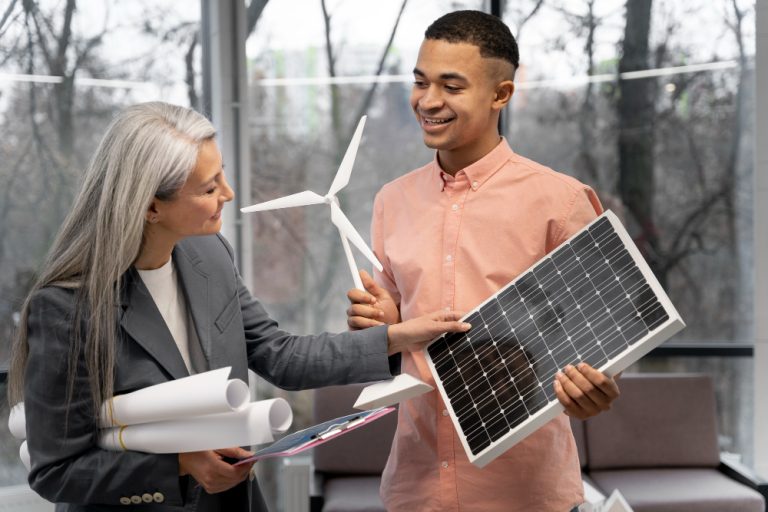
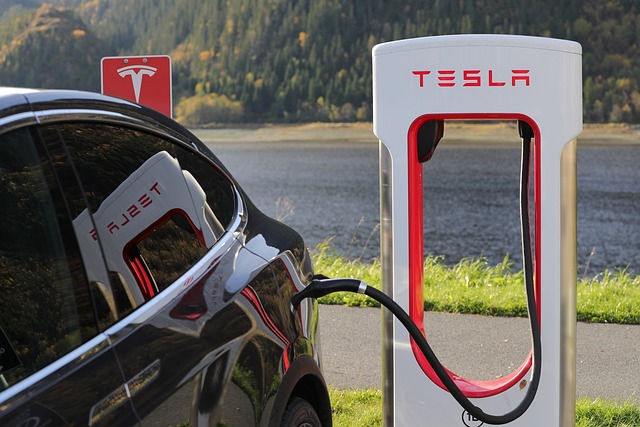



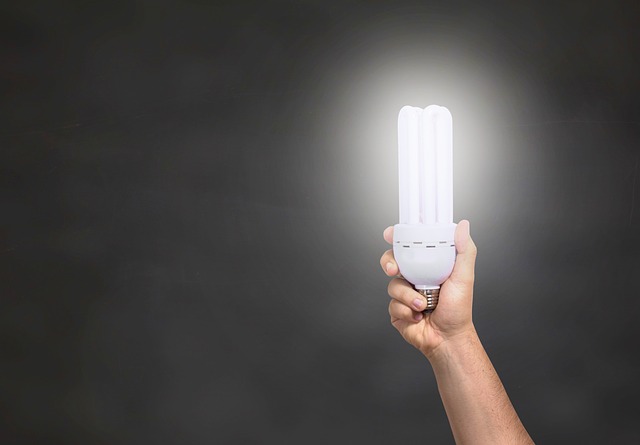
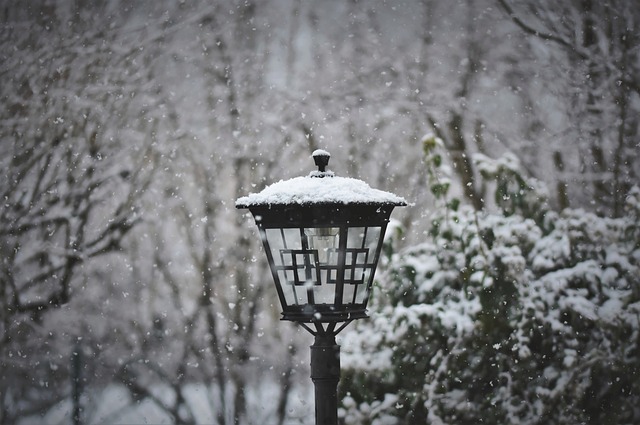
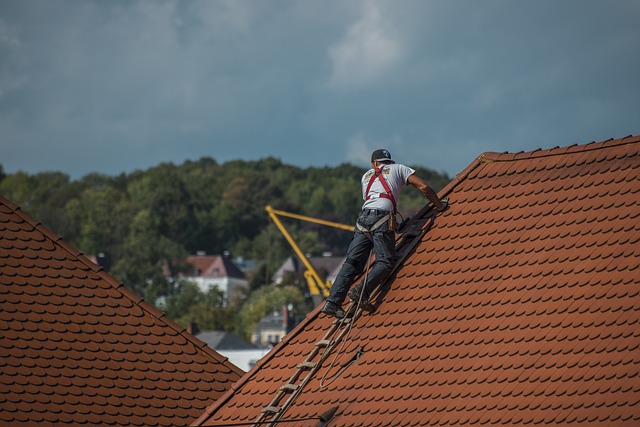

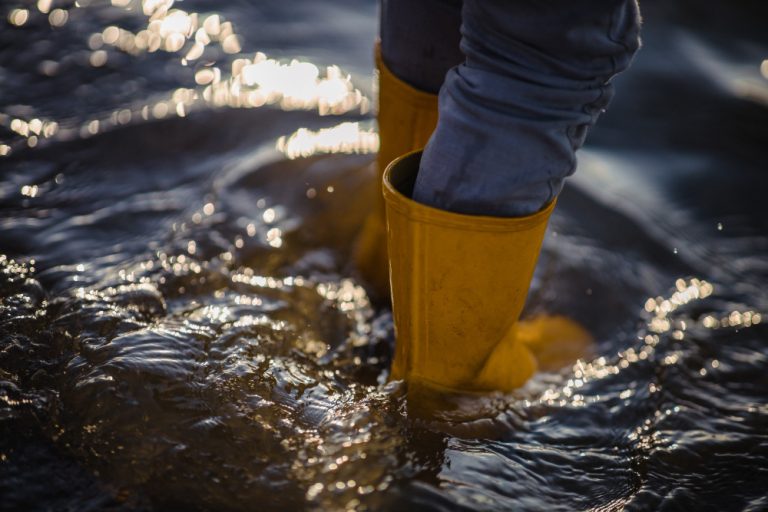

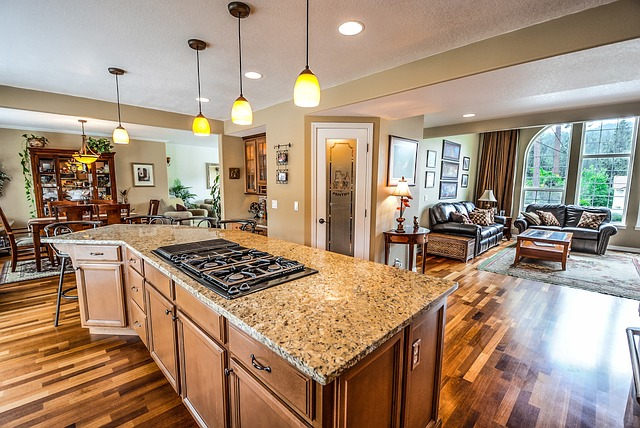
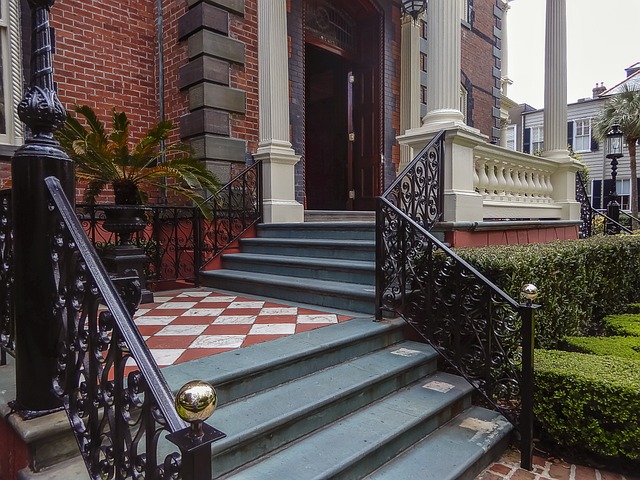
+ There are no comments
Add yours